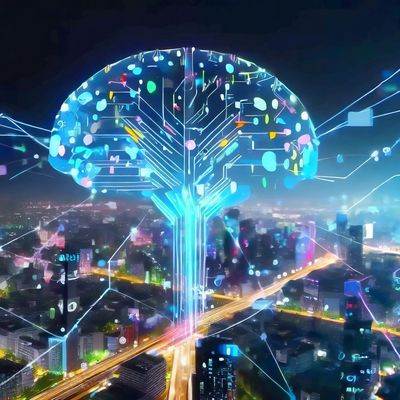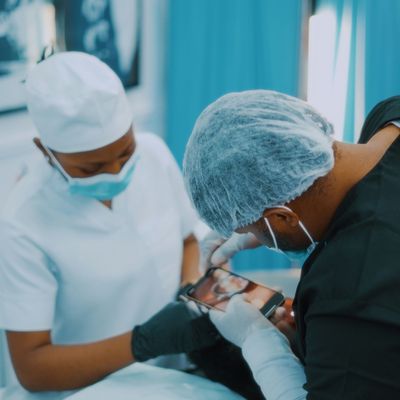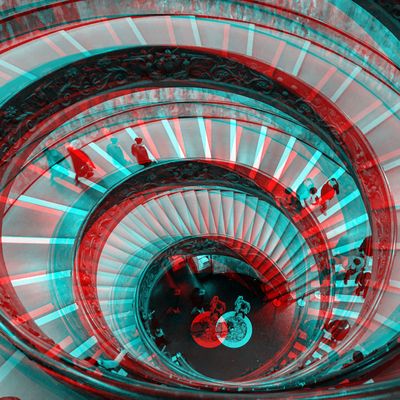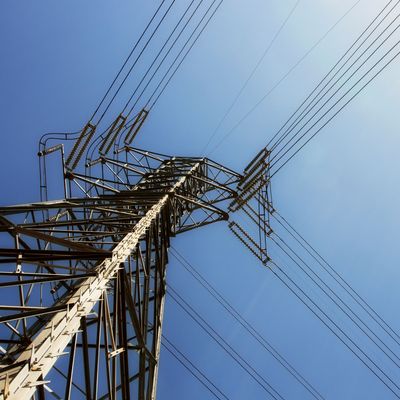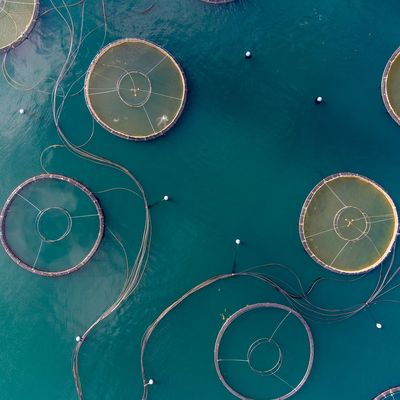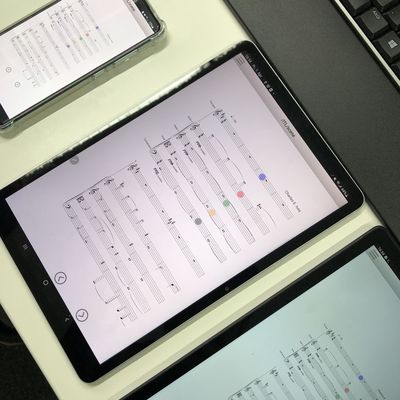Connecting data and knowledge
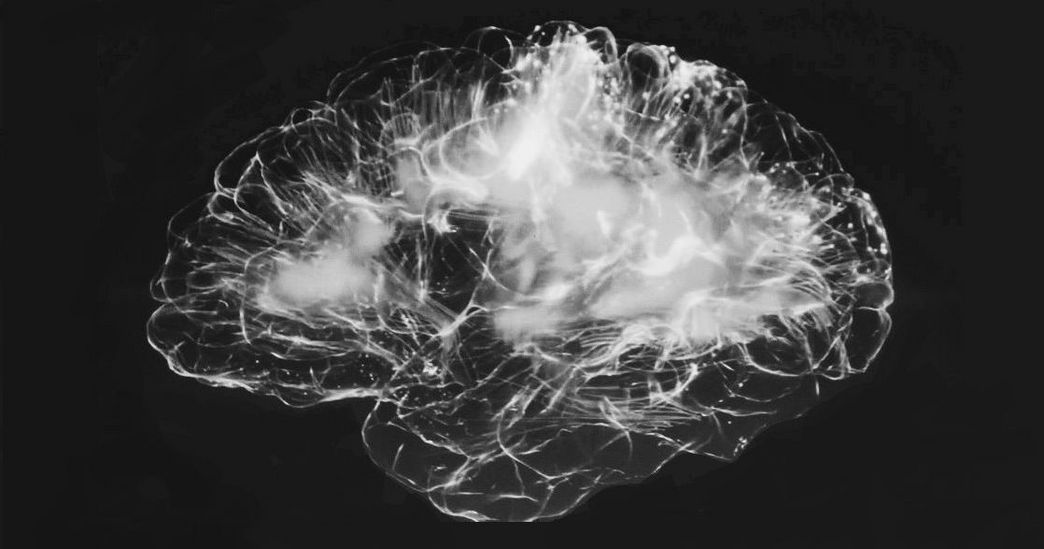
With the help of deep learning methods, the "Big Data Analytics" working group is creating a model of the human brain. The results should also be of use to other research areas
Medicine, climate research, aerospace: The diversity of disciplines for which AI plays a major role is also reflected within the Helmholtz Association. In order to support cooperation and the exchange of knowledge and data within the research association, the Helmholtz Association is currently establishing an interdisciplinary platform which it is funding permanently with an annual sum of 11.4 million euros: Helmholtz AI – Helmholtz Artificial Intelligence Cooperation Unit.
"As a central unit, Helmholtz Zentrum München links several Helmholtz Centers, which form local units with a focus on specific topics. Jülich has a special focus in the field of key technologies/information", says Dr. Timo Dickscheid, AI expert from the Institute of Neuroscience and Medicine (INM-1). "Each local unit consists of a fully equipped junior research group and a high-level support team that provides AI expertise to other scientists in their projects".
Dickscheid's working group "Big Data Analytics" will play an important role for the Jülich segment. It is creating a highly accurate model of the human brain, the resolution of which will extend down to individual nerve cells. To this end, the group is further developing deep learning methods to analyze microscopic image data in the range of several terabytes. The AI will learn to automatically detect microstructures, map brain areas and assemble thousands of brain tissue slices into 3-D views of the brain. In doing so, the group wants to develop solutions that can also be used in other research areas - such as learning with just a few training samples.
The research group "Cross-Sectional Team Deep Learning" from the Jülich Supercomputing Centre (JSC), headed by Prof. Morris Riedel and Dr. Jenia Jitsev, is also involved in the Jülich unit of Helmholtz AI. Together with the new high-level support team at JSC, it will drive and support machine and deep learning research. The focus will be on large-scale adaptive neural networks. These can learn from a continuous stream of data over weeks or months and transfer what has been learned to a variety of tasks consisting of only a few examples. With the help of this transfer learning, complex classical simulations in physics, for example, can be improved. For this purpose, the learning neural networks are coupled to the simulations in order to continuously optimize their models by means of generated and observed data.
This article was first published in effzett - the magazine published by Forschungszentrum Jülich.


